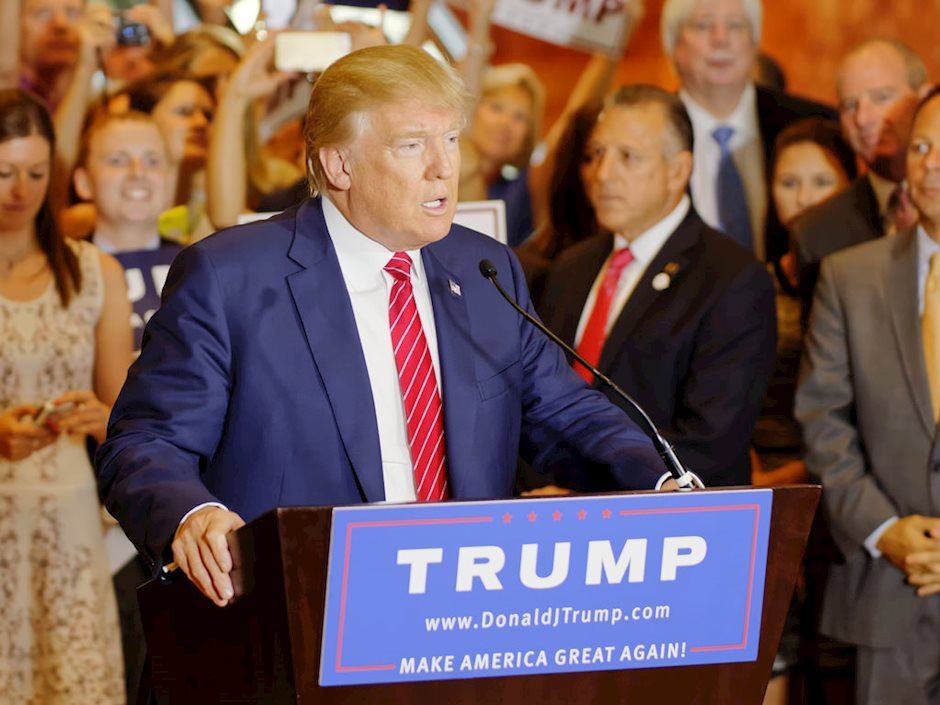The Misplaced Animosity toward Imports

The mercantilist inclination by the Trump Administration makes it seem as if exports are good and create jobs and imports are bad and cost jobs. This is simply not true. This assessment is not based on newfangled thinking about trade. Rather Adam Smith argued against such a view in his 1776 bestseller, An Inquiry into the Nature and Causes of the Wealth of Nations.
Signals by top officials suggest that the White House still has reservations about the border adjustment, a central piece of the bill sponsored by the House Republicans. If the tax changes create a higher deficit in a decade, 60 votes in the Senate are needed not a simple majority. The Republicans hold 52 seats in the Senate, and already a couple of Republican Senators have indicated they cannot support the measure.
The border adjustment was to raise more than $1 trillion, which would have funded part of the tax cuts that the White House seeks. Without, another source of revenue will have to be sought or the tax cuts scaled back considerably. Treasury Secretary Mnuchin has also hinted that its assessment of the impact of the tax changes will likely be more optimistic than others because of the dynamic calculation, i.e.,., that the tax cuts will increase activity and boost revenue.
One fall-back option that is being considered is a "reciprocal tax" to ensure imports are treated the same way as US exports. The details are not clear, and if not done properly, would likely run contrary to the WTO. However, according to a report in the Financial Times, Trump Administration officials are looking for alternatives to the dispute resolution mechanism at the WTO. "Their goal, people briefed on the request told the Financial Times, is to find ways that the new administration could circumvent the WTO's dispute system."
Whether it is through the border adjustment, a reciprocal tax, or other mechanisms, at the heart of the drive is to reduce the US trade deficit. This sounds like a noble goal, but it is considerably more complicated that exports are good and imports are bad. Anne Krueger, former chief economist and Deputy Managing Director at the IMF, now a professor at John Hopkins and Stanford, has an interesting note on Project Syndicate.
Krueger argues that imports have been maligned. Imports create jobs. She begins off with the obvious; jobs related to shipping, like longshoremen unloading cargo, pilots, truckers and their crews. There are wholesale and retail workers stocking and selling the imported goods. Also, she reminds us that half cost of a retail consumer good is incurred locally for storing, shipping and marketing. Consider too that the demand for foreign cars, for example, would be considerably weaker if the parts and mechanics were not accessible.
Imports also can provide cheaper inputs than available locally. That enables US companies to compete more vigorously with foreign firms in third markets, as well as to maintain market share domestically. Foreign firms that export to the US earns an income that can be used to purchase goods from US firms. Krueger argues that exports generated by imports create better jobs overall.
Krueger warns that limiting US imports would likely spur many trading partners to curb their imports. Export earnings, she argues, finance imports for most of the world. If US imports fall so will US exports. Export sector jobs would likely fall, alongside jobs created by imports.
The same arguments that seek to correct the demonization of imports also apply to foreign direct investment (FDI), which creates the international supply chains that at least some in the Trump Administration want to unwind. Krueger argues that FDI allows US firms to secure inputs at lower costs while engaging in higher-valued added tasks like R&D. Direct investment may help save jobs in the US if the choice is between unskilled offshoring work and going out of business.
Trade is unjustly blamed for the loss of manufacturing jobs in the US. Manufacturing employment, though not output, peaked in the late 1970s before free-trade agreements and China's entry into the WTO (late 2001). We have noted that some of this are definitional, and a result of manufacturing companies outsourcing some services. However, if there is an agreement among economists, it is that the decline in manufacturing employment (not just in the US) is a result of improved productivity and the use of machines, computers, and robots. Many emerging market economies, including China, have lost manufacturing jobs.
Author

Marc Chandler
Marc to Market
Experience Marc Chandler's first job out of school was with a newswire and he covered currency futures and Eurodollar and Tbill futures.

















